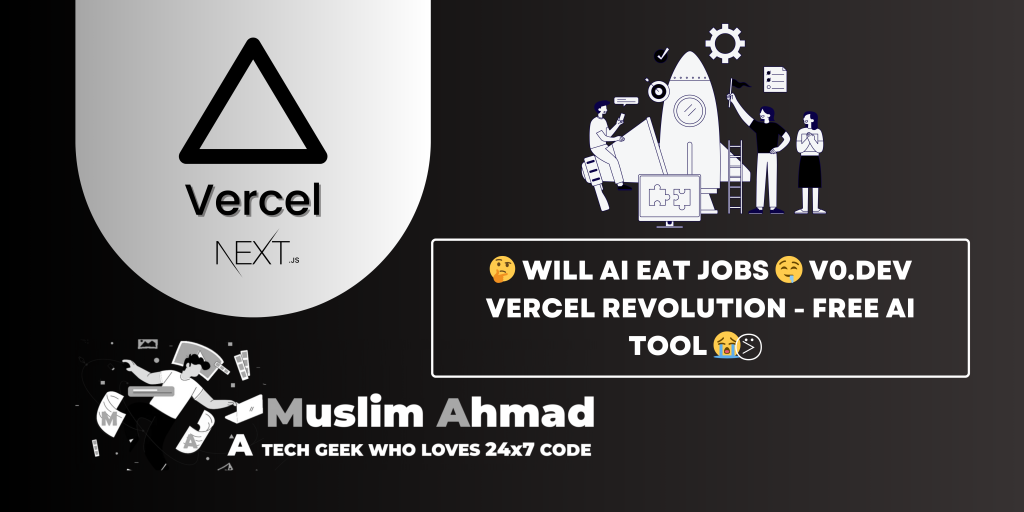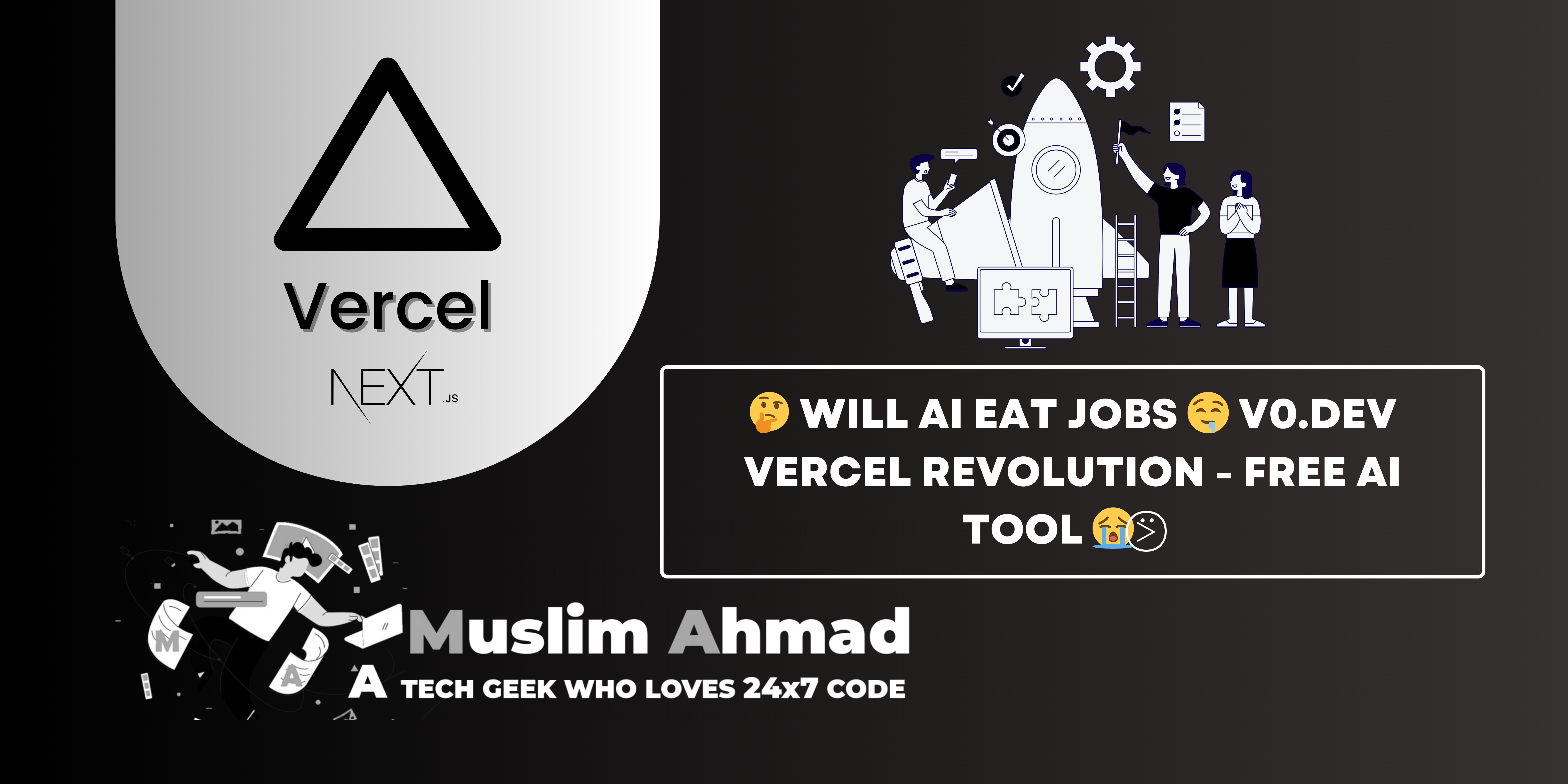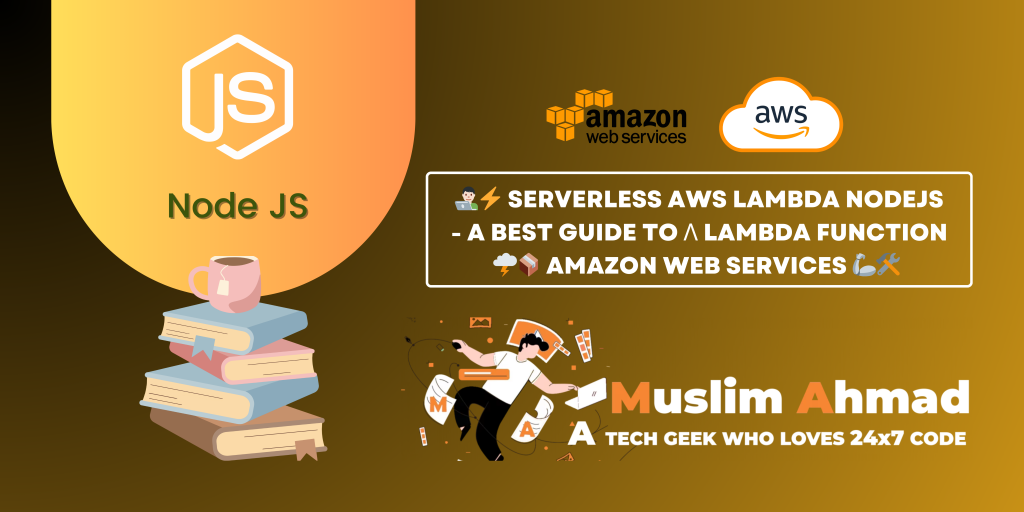In this blog, we will explore “🤔 Will AI eat jobs 🤤 v0.dev Vercel Revolution – Free AI Tool 😭⍩⃝”. Here, this blog covers all topics like Will AI eat jobs, Studies and Reports and many other things. Let’s dive in and check it out:

Will AI eat jobs?
The question of whether AI will “eat” jobs is complex and multifaceted, with significant implications for various industries. While AI has the potential to automate many tasks, leading to job displacement in certain areas, it also creates new opportunities and roles that did not previously exist. Here’s a detailed analysis based on various studies and expert opinions.
Potential Job Displacement
1. Routine and Repetitive Tasks: AI and automation are particularly effective at handling routine, repetitive, and mundane tasks. This is evident in sectors such as manufacturing, data entry, and even aspects of customer service, where bots and automated systems can handle queries and processes more efficiently than humans.
- Manufacturing and Assembly Line Jobs: These jobs have been significantly impacted by automation for years, and AI continues to advance this trend.
- Data Entry and Basic Analysis: Tools that automate data processing and basic analytical tasks can reduce the need for human intervention in these roles.
2. Middle-Skill Jobs: Jobs that require a moderate level of skills but involve routine tasks, such as administrative roles, basic accounting, and some aspects of retail, are also at risk.
- Administrative Support: AI systems can manage schedules, communications, and other administrative tasks.
- Retail and Cashier Jobs: Automated checkout systems and online shopping have reduced the need for traditional retail staff.
Job Creation and Transformation
1. New Roles and Opportunities: AI not only displaces jobs but also creates new ones. Roles that involve developing, managing, and improving AI systems are growing.
- AI Specialists and Data Scientists: These roles involve designing and managing AI systems, requiring high levels of expertise in AI, machine learning, and data analysis.
- AI Ethics and Compliance Officers: As AI adoption grows, the need for ensuring ethical use and compliance with regulations creates new job opportunities.
2. Enhancement of Existing Jobs: In many cases, AI acts as an augmentative tool rather than a replacement, enhancing human capabilities and allowing workers to focus on more complex and creative tasks.
- Healthcare: AI assists in diagnostics, treatment plans, and patient management, allowing healthcare professionals to focus on patient care.
- Creative Industries: AI tools assist in content creation, design, and marketing, providing creatives with powerful tools to enhance their work.
Balancing the Impact
1. Upskilling and Reskilling: For workers in roles at risk of displacement, upskilling and reskilling are crucial. Learning new skills that complement AI, such as coding, data analysis, and digital literacy, can help workers transition to new roles.
- Educational Initiatives: Governments and organizations are increasingly focusing on educational programs to help workers adapt to the changing job landscape.
2. Human-AI Collaboration: Emphasizing collaboration between humans and AI can lead to more productive and innovative work environments.
- Co-Bots: Collaborative robots (co-bots) work alongside humans, enhancing their capabilities and improving efficiency.
Studies and Reports
- World Economic Forum (WEF) Future of Jobs Report:
- Predicts that by 2025, 85 million jobs may be displaced by automation and AI, but 97 million new roles could emerge that are more adapted to the new division of labor between humans, machines, and algorithms. (Report)
- McKinsey Global Institute:
- Estimates that by 2030, 14% of the global workforce may need to switch occupations due to automation. This reflects significant disruption but also highlights opportunities for job creation in new areas. (Report)
- Gartner:
- Anticipates that AI will generate $2.9 trillion in business value and recover 6.2 billion hours of worker productivity by 2021, indicating that AI can enhance productivity and create economic value. (Report)
Will Vercel’s v0.dev AI Tool Eat Your UI Jobs?
As artificial intelligence continues to evolve, its applications in various industries are expanding rapidly. One such application is Vercel’s v0.dev, an AI-powered tool designed to streamline the UI development process. This innovative tool has raised questions and concerns about its impact on jobs in the field of UI development. In this blog, we’ll explore the capabilities of v0.dev, its potential impact on UI jobs, and how developers can adapt to this changing landscape.
Understanding Vercel’s v0.dev
Vercel’s v0.dev is a generative AI tool that allows developers to create UI components and layouts through simple text prompts. It leverages advanced natural language processing to interpret user inputs and generate corresponding React code using frameworks like Tailwind CSS and Shadcn UI. The tool’s primary aim is to expedite the design-to-code process, enabling faster prototyping and iteration.
👨🏻💻 How to use v0.dev Vercel – Free Revolutionizing AI Tool 🎉🤩 – #18
Estimated Percentages
Based on the available data and expert opinions, the impact on UI jobs might be as follows:
- 20-30% of current UI jobs could be significantly affected by AI tools, primarily those involving routine and repetitive tasks.
- 70-80% of UI jobs will evolve rather than be entirely displaced. These roles will require new skills and a focus on more creative and strategic aspects of UI/UX design.
Key Features of v0.dev
- Generative UI: Users can describe the interface they want, and v0.dev generates multiple design options from which they can choose.
- Integration with Open-Source Tools: The tool uses popular frameworks like React, ensuring compatibility and adherence to industry standards.
- Iterative Development: Developers can refine and adjust the generated code within v0.dev before integrating it into their projects.
- Accessibility: The tool automatically adds ARIA attributes to ensure the generated components are accessible.
Potential Impact on UI Jobs
The introduction of tools like v0.dev inevitably raises concerns about job displacement in the field of UI development. However, the impact of such tools can be seen from multiple perspectives:
1. Job Displacement Concerns
AI tools like v0.dev can automate repetitive and time-consuming tasks, potentially reducing the need for junior developers or designers who primarily handle these aspects of UI development. As AI becomes more adept at handling basic design tasks, there might be a shift in demand for certain job roles.
2. Enhanced Productivity
Rather than completely replacing jobs, v0.dev can enhance productivity by automating routine tasks and freeing up developers to focus on more complex and creative aspects of UI design. This can lead to higher quality and more innovative outputs, as developers have more time to dedicate to refining user experiences and solving challenging problems.
3. New Opportunities
The adoption of AI in UI development also opens up new opportunities. Developers who can effectively leverage tools like v0.dev will be in high demand. Skills in AI tool integration, prompt engineering, and iterative design will become increasingly valuable, creating a shift in the skill sets that are most sought after in the industry.
4. Focus on Creativity and Problem-Solving
With routine tasks automated, the role of UI developers may evolve to focus more on creative problem-solving, strategic planning, and user experience optimization. This shift could lead to more fulfilling and impactful work for developers, as they can concentrate on adding value in areas that AI cannot easily replicate.
Adapting to the Changing Landscape
To thrive in a landscape where AI tools like v0.dev are becoming more prevalent, UI developers can take several steps:
- Upskill and Reskill: Learning how to effectively use AI tools and staying updated with the latest technologies will be crucial. This includes understanding how to work with AI-generated code and integrating it seamlessly into projects.
- Focus on Creativity: Emphasizing creative skills and the ability to design unique and user-centric experiences will set developers apart from automated tools.
- Embrace AI: Rather than viewing AI as a threat, developers should embrace it as a tool that can enhance their capabilities and productivity. Learning to collaborate with AI can lead to more efficient and innovative workflows.
- Continuous Learning: The tech industry is constantly evolving, and continuous learning will be essential. Keeping up with new developments, frameworks, and best practices will help developers stay relevant and competitive.
Conclusion
While Vercel’s v0.dev and similar AI tools have the potential to impact the job landscape in UI development, they are unlikely to completely replace human developers. Instead, these tools can augment the capabilities of developers, leading to enhanced productivity, new opportunities, and a shift towards more creative and strategic roles. By embracing AI and continuously adapting to technological advancements, UI/UX professionals can continue to thrive in an increasingly AI-driven industry.
For more insights and updates on v0.dev and its impact, you can visit the Vercel Ship 2024 recap and explore how Vercel is shaping the future of web development.
Revolutionary Event – Vercel Ship 𓊝 Recap – #17




